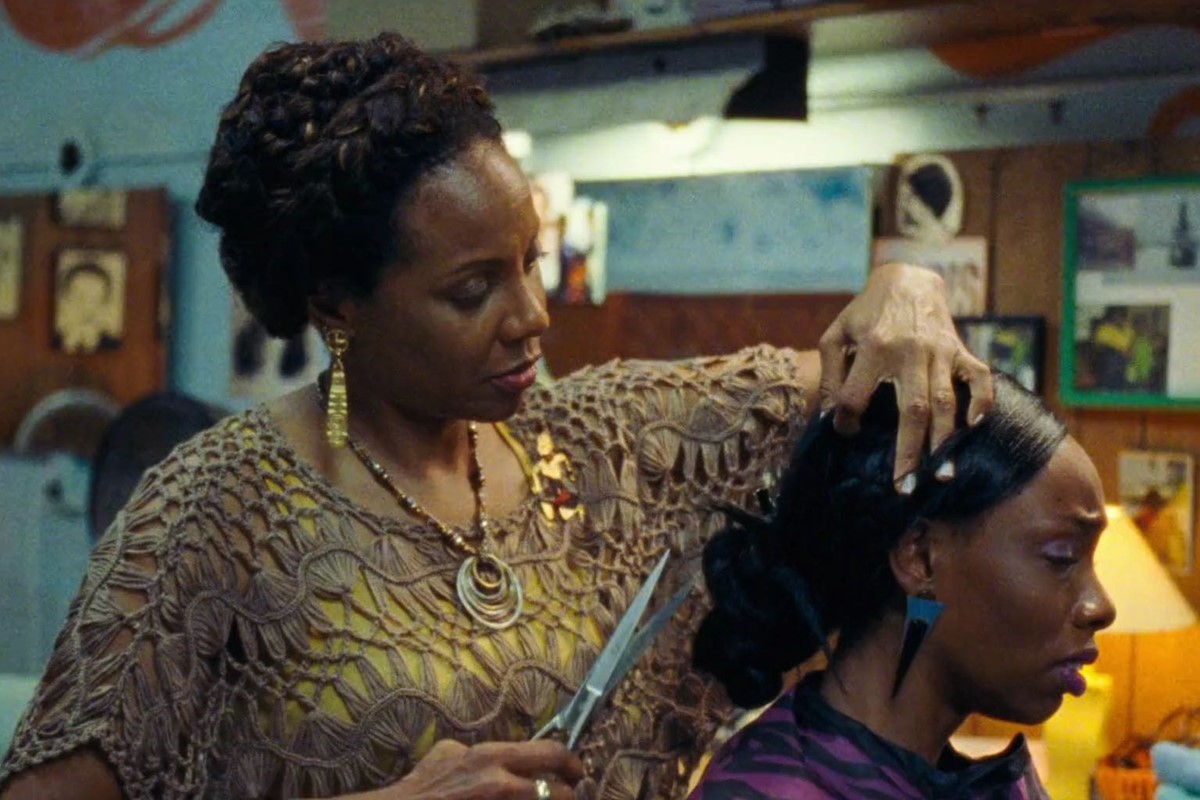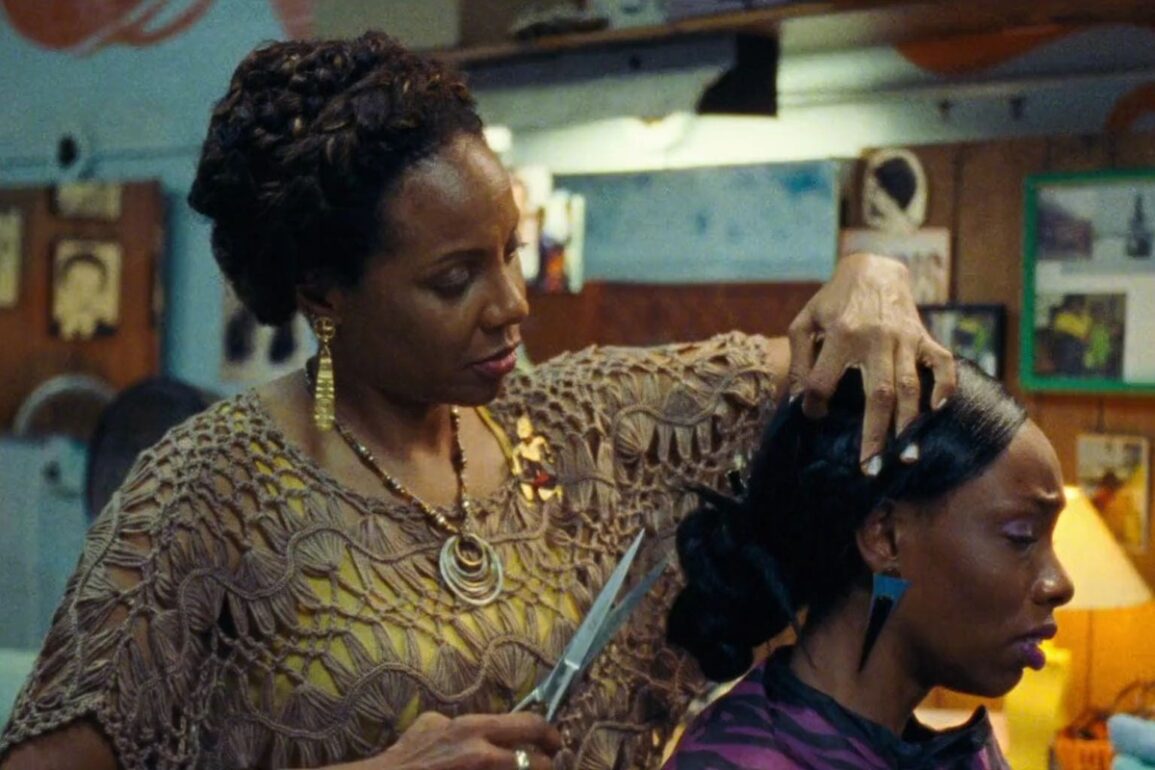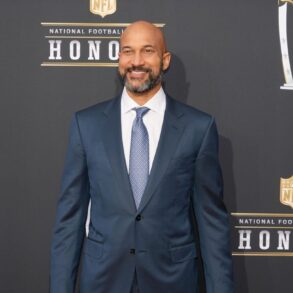
As I write this article, I have had my braids in for five months. My scalp itches, and my hair smells. I’ve been covering my overgrown roots with a hat or a headband to hide the dirt that has built up in my hair. I feel embarrassed and ugly. When I’m not at work, I try to stay home, denying invitations to parties and other social gatherings. On Facetime and when I see them occasionally in person, my parents bombard me with the same question: “When are you taking your braids out?” My answer is always vague, unsure and the same: “Soon.”
Under capitalism, Black hair care is time-consuming. From washing, detangling, deep conditioning, braiding and locing to taking braids, wigs and other forms of extensions down, Black hair care can take hours and sometimes even days. The time and care Black hair requires (and other types of curly hair) is in direct opposition with our nine-to-five, five-days-a-week work model. Yet, we face significant pressure to ensure our hair is “presentable” in white society. When Black and Brown people’s hair is deemed as “unacceptable”, they suffer real-world consequences for this “failure”.
In 2019, five-year-old Josiah Shape was banned from the playground at break times and sent home from school due to his basic fade, described as an “extreme” haircut. In 2020, 18-year-old student Ruby Williams received £8,500 in an out-of-court settlement after her family took legal action against her east London school, as they repeatedly sent her home because her natural afro hair was deemed against uniform policy. Most recently, an eight-year-old girl from Harrisburg, Pennsylvania, had her long, thick hair allegedly cut off by a teacher without permission from her parents. According to the young girl’s parents, she is now in therapy after being deeply traumatised by the violation.
I came across a Tik Tok saying how the “natural hair movement” is slowly ending…a lot of black women are tired of taking care of their natural hair.
— Dr. Atkinson (@Dare_Re_Ya) October 12, 2022
Hair is everything. Not only is it heavily politicised, but it’s how people express their gender. For Black and Brown women, this is of particular importance because they are seen as existing outside of womanhood. As a result, long braids, wigs and other ‘feminising’ hairstyles are favoured. But as work continues to consume most of our lives and spill into our free time, how are Black women coping with the battle between work and hair care, and how is it impacting their sense of self?
“I have carried my braids for way too long, four months to be exact, which isn’t great or healthy for my hair,” confesses 24-year-old creative Chioma. “If I want to care for my hair, I must take days off my already limited annual leave.” Being forced to take annual leave or to do one’s hair on the weekend, as Chioma expresses, is incredibly frustrating. Both weekends and annual leave are meant to be opportunities for relaxation, but they rarely ever are for so many of us. Even on weekends, when we are free to choose what we do with our day, the choice is merely an illusion, as domestic labour is never-ending and true self-care – that we ignore within the week – must be attended to.
@jasadetunji got a little vulnerable w this video. lmk if you relate to struggling to love your natural hair ❤️
The inflexibility of work is not the only reason Black women struggle to get their hair done. “I genuinely can’t afford to spend upwards of £100- £150 on my hair,” explains Chioma. “I would rather fly home to Ireland and pay €50.” Similarly, 23-year-old writer Aswan agrees that hairdressers have become more and more unaffordable: “My mum does my hair, which is a God send, but if my schedule and hers don’t align, it won’t get done.” She also stresses that while finances impact her desire to use their services, so does her lack of trust. “I haven’t found a hairdresser who I trust enough with my hair because hair health is also something I want to take the time with.”
Over the last few years, there has been intense debate over using Instagram hairdressers vs aunties in traditional Black hair salons. Instagram hairdressers are often ruder and more expensive than aunties in salons, who usually have cheaper rates. When I was a child, my mum would take me to a hairdresser she knew and trusted, often a friend of hers she knew from Nigeria who needed work after moving to Ireland. My hair was never done by someone she didn’t trust. It wasn’t until I got older and was responsible for booking my own appointments that I’d let strangers touch and mistreat me and my hair. In her book Don’t Touch My Hair, Irish-Nigerian author and broadcaster Emma Dabiri recounts how, in early African cultures, people were very cautious of who they allowed to touch their hair. There was a fear (that many Africans still have) that if “somebody had access to your hair, from a comb, for instance, they could do witchcraft on you”. Those born in the West aren’t held back by this fear as much, as they’re desperately searching for any hairdresser in their area who they can fit around their busy work schedules.
“The anxiety of not being able to take care of myself to the height or extent I wish does plague me more than I would like it to sometimes. It’s tricky to lessen that reliance on my vanity” – Aswan
Hairdressing for both Instagram hairdressers and aunties at salons is a transactional business. While many people care about their work, it’s still a tiring, time-consuming and often painful service they have to do to supplement their income. This can result in a lack of care and interest in treating their customers’ hair with respect. Capitalism in all its forms has created an environment where Black hair has become degraded. And this degradation impacts how Black women feel about themselves. “It makes me feel like shit overall,” confesses Aswan. “The anxiety of not being able to take care of myself to the height or extent I wish does plague me more than I would like it to sometimes. It’s tricky to lessen that reliance on my vanity.”
Realistically, capitalism needs to be abolished, and the world needs to change. Before European forms of capitalism took root in Africa, “time for most people was your own”, writes Dabiri in Don’t Touch My Hair. “For the Yoruba, time was understood in relation to the task that had to be done… The time it took to do Afro hair is, quite frankly, the time that was required to do it.” While we don’t live in a world free from capitalism (yet), we still have the power to challenge how we think about our hair and ourselves. 24-year-old multi-disciplinary artist Funmi believes that respectability politics and anti-Blackness are at the core of why ‘doing’ one’s hair is so challenging to fit around work. “As Black people with tightly coiled hair, our hair texture is often seen negatively and has to be manipulated significantly to be considered ‘done’”. She continues: “I wear my afro to parties and the club; I wear my natural hair to formal events and more. I’m rewiring my brain to not feel sad when it’s just my natural hair out. I want to be as neutral about my hair as I can.”
$75 to detangle hair???? IG hairdressers are scammers pic.twitter.com/DGgjIG9fiu
— L 🤎 (@L_ren27) September 30, 2021
There are several reasons I kept my braids in for five months. From the difficulties of finding time on weekends to not wanting to sacrifice my annual leave. But another reason, as Funmi touched upon, is my fear of leaving my natural hair out. As much as I love my afro, I also hate it. I hate how much effort it requires, and I hate the way European beauty standards have tricked me into believing that it masculinises me. While capitalism does significantly impact Black people’s relationship with their hair, the fault also lies with us and how we have internalised white supremacist thinking.
While capitalism degrades Black hair, we don’t have to. By challenging our understanding of Western beauty, our hair can truly be a space where one can express themselves and their heritage. Even though hair and appearance neutrality may seem improbable, beauty standards affect us negatively and have resulted in the death of countless women. Let’s not forget that postmenopausal Black women who have used chemical hair relaxers more than twice a year or for more than five years have an increased risk of developing uterine cancer. The sooner we learn to respect and accept our hair in its natural state rather than continuously manipulate it, the better.
This post was originally published on this site be sure to check out more of their content.







